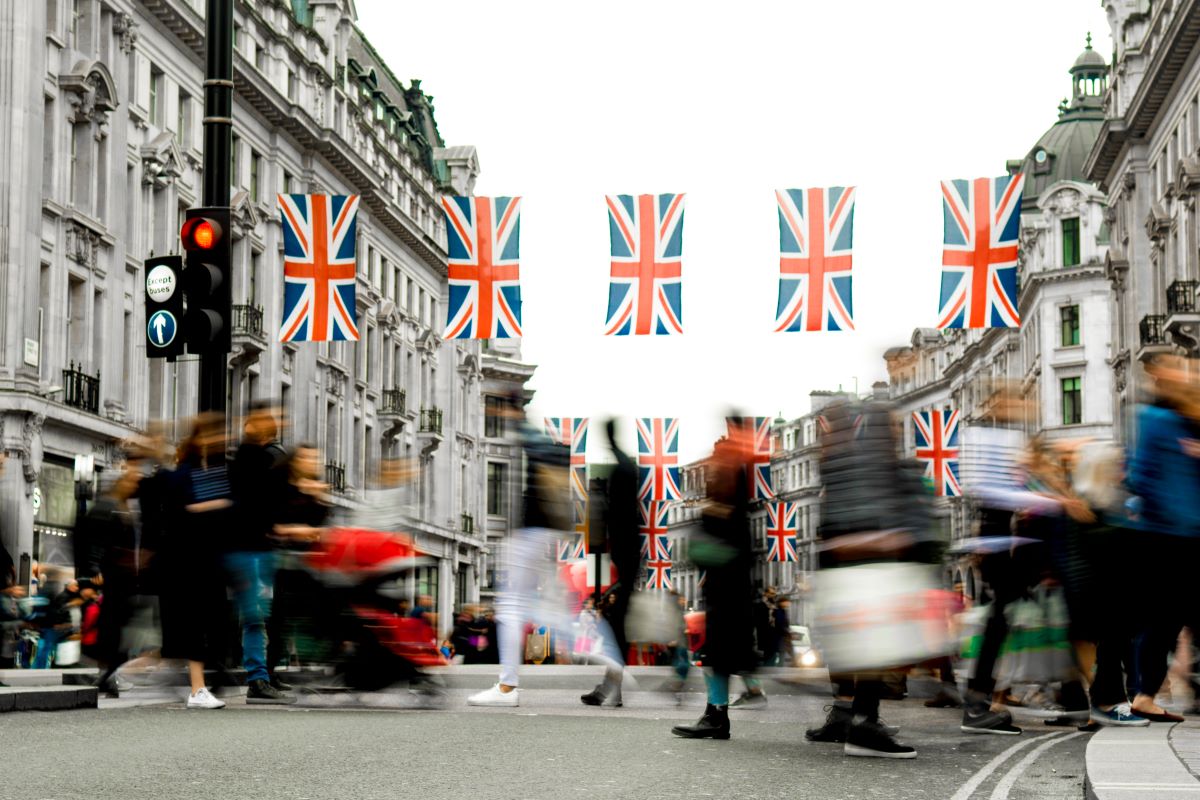The UK’s pay rise is the slowest in two years as the job market decreases and inflation rises again.
Rise in Legal Minimum Wage

The new legal minimum wage experienced a 9.8% rise from April 1, 2024, the most significant rise since 2001.
2.7 Million Benefitting From Wage Increase

Full-time workers can take advantage of this new increase in the National Living Wage (NLW), which will benefit 2,7 million people.
Pay Rise Versus Inflation Rate

However, the pay rise isn’t keeping up with the ever-increasing inflation rate, which remains 1.4 percentage points above the Bank of England’s target of 2%.
Pay Rise and Interest Rates Connected

The Bank of England works in conjunction with the pay increase when making changes to interest rates.
August Cuts Looming

The UK is waiting in anticipation of whether the Bank will cut rates at the 1st August meeting, with divided speculation.
Cuts Expected Ahead of Time

Ashley Webb, a UK economist at Capital Economics, said, “We now expect the Bank to cut interest rates from 5.25% to 5.00% in September instead of August.”
Job Market Showing Signs of Slowing Down

According to the Office for National Statistics (ONS), the number of job vacancies has decreased, and the number of employees on payroll has also slowed down.
Job Vacancies Are Decreasing

Despite the higher number of employment vacancies than in pre-COVID, they are still dwindling and have decreased in the last two years.
Unemployment Rates Rise Despite All Efforts

Between February and April 2024, 4,4% of UK citizens were unemployed, a hike from 4,3% recorded in September 2021.
More Increase Needed to Keep Afloat

With the job market slowing down and prices higher than earnings, UK citizens still ask for more.
Inflation Decrease Down From 2022

Consumer prices decreased from an all-time high of 11,1% in October 2022 to 3,4 % in February 2024, but this is still not enough.
Consumer Price Index on the Up

The Consumer Price Index ( CPI) has risen by 2.0% in the last twelve months, but optimism about more stable politics will encourage more significant investments.
The Real Living Wage Takes a Stand

The real living wage differs from the NLW as it was set by the charity Living Wage Foundation at 12 pounds per hour nationally and 13,15 pounds in London.
Real Living Wage Voluntary for Employers

Employers can adopt this payment scheme voluntarily as it is set according to respective living expenses.
13 Percent Stuck at 12 Pounds per Hour

Currently, 14,000 employers are paying the real living wage; thus, 13 percent of the total UK workforce is paid below 12 pounds per hour.
Pay Rise to Close Pay Inequality

Gail Irvine, Policy Manager at the Living Wage Foundation, stated, “ The real living wage is about trying to create a fairer society. In Britain, we’ve got a long way to go.”
Increase Not Increased Enough

The cuts have yet to be determined, but with wages growing at an annual pace of 5.7% in three months, the rising prices still overshadow the increase.
Featured Image Credit: Shutterstock / William Barton.

